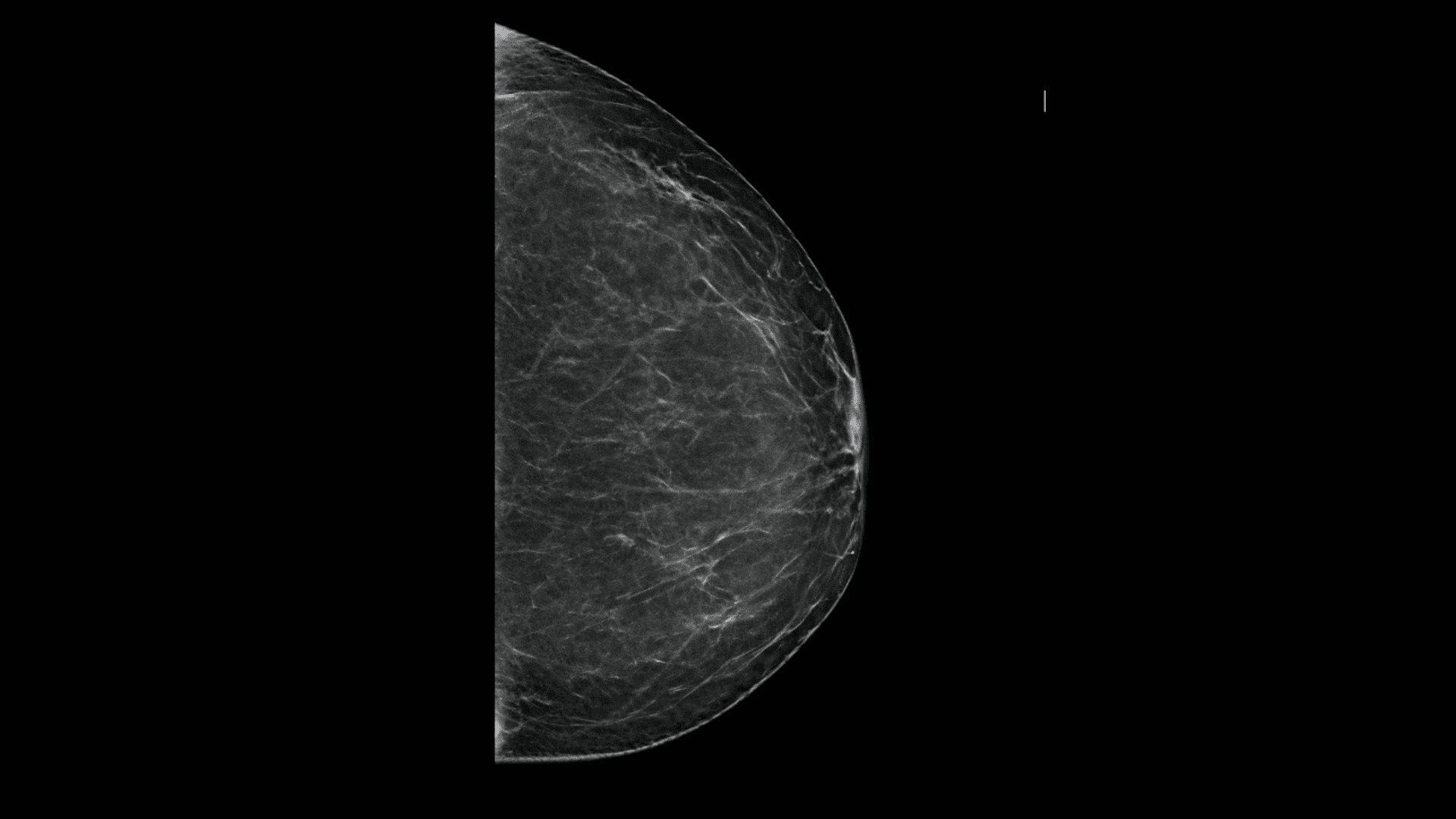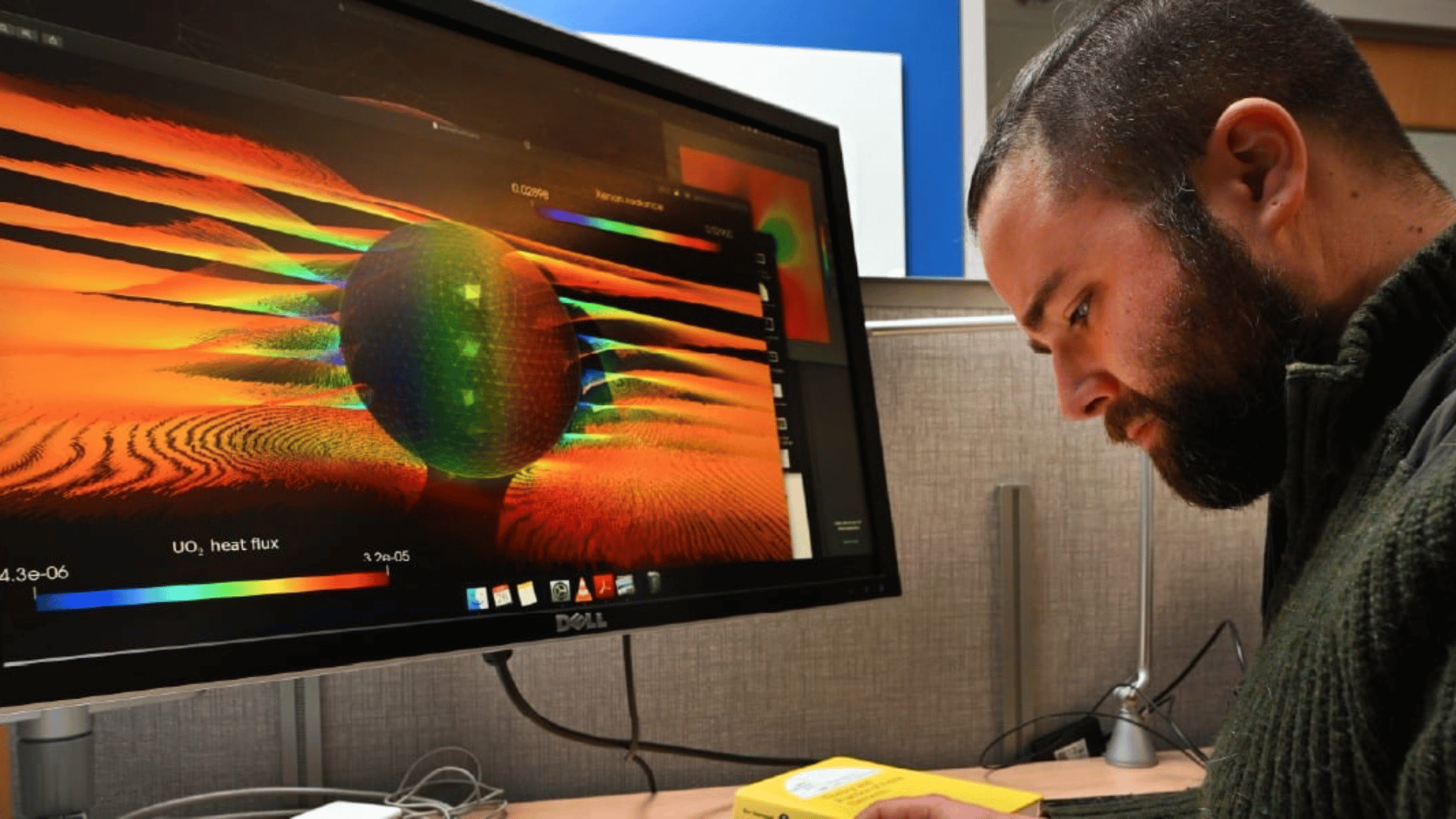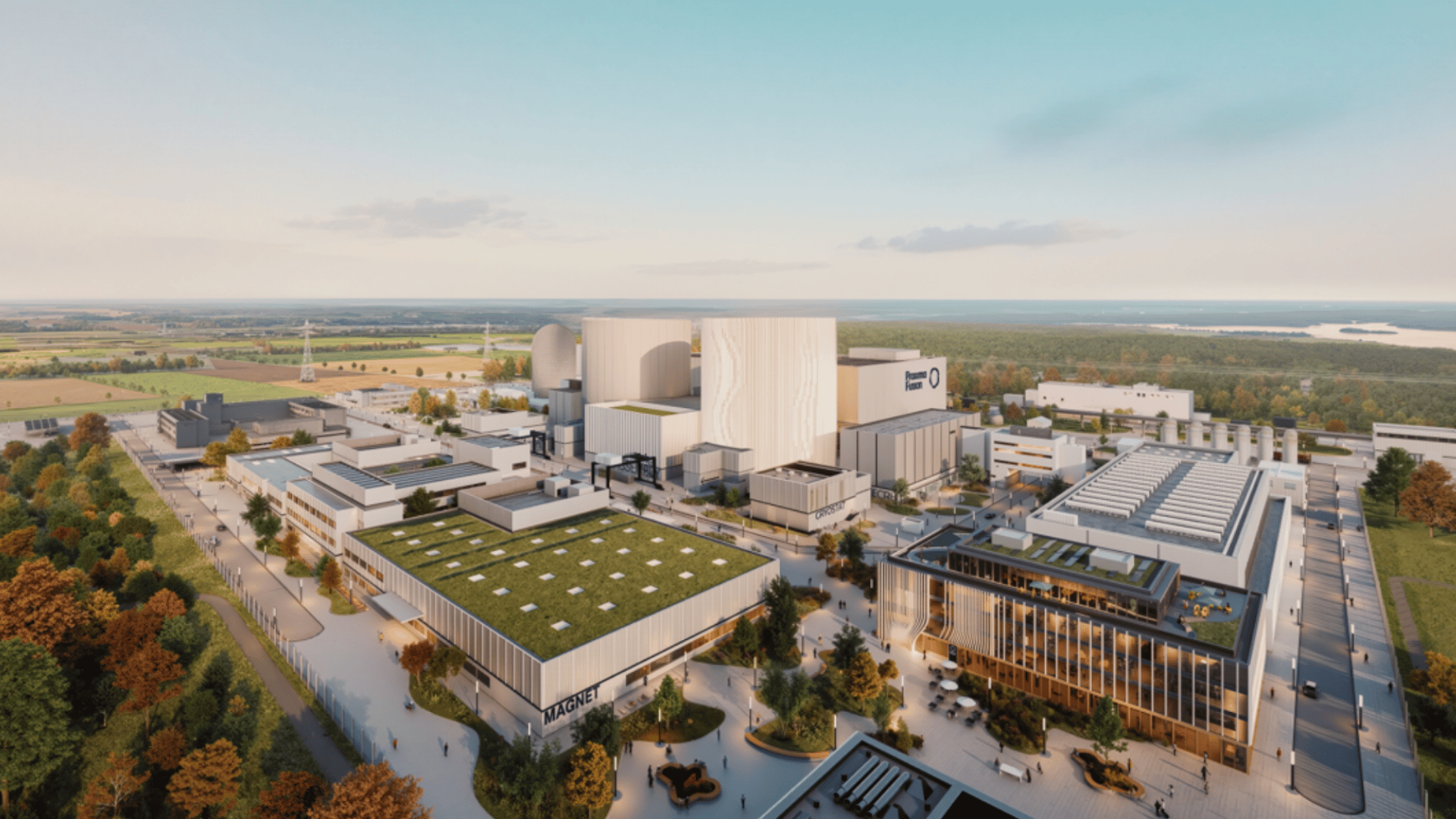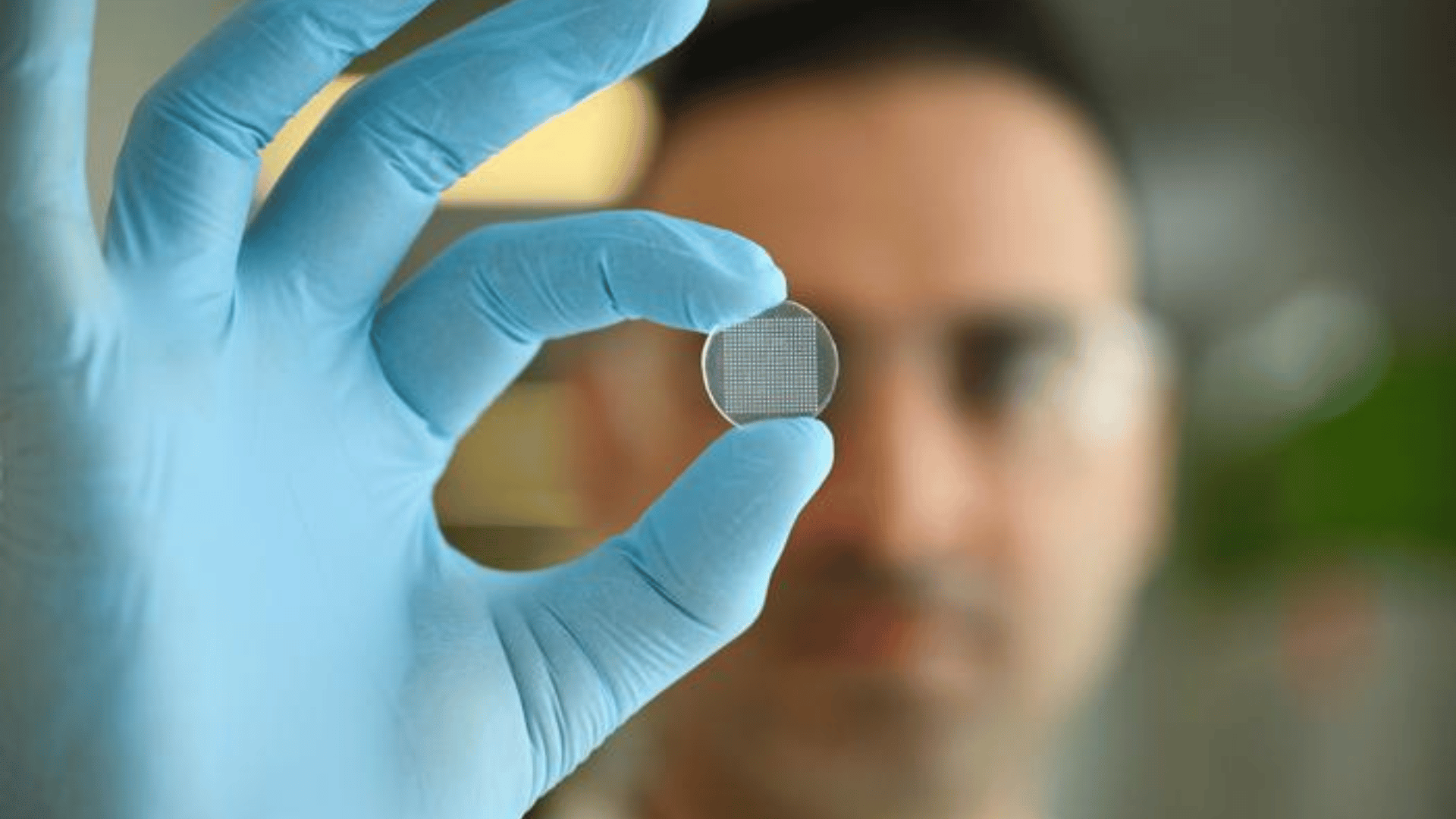Researchers at Washington University School of Medicine in St. Louis received FDA Breakthrough Device designation for their new AI breast cancer screening technology. The designation accelerates the review and development of medical devices with breakthrough potential. According to the researchers, the AI tool accurately predicts a woman’s personalized five-year risk of developing breast cancer.
AI Tools For Breast Cancer Prediction


The AI software analyzes mammograms to generate risk scores to estimate a woman’s likelihood of developing cancer in the next five years. According to the research team, the system is compatible with 2D and 3D mammogram images. It provides an absolute five-year risk that compares a patient’s risk to the national average.
Advertisement
“This provides a meaningful estimate that is aligned with the U.S. national risk reduction guidelines,” researchers explained. “So that clinicians will know what steps to take next if a woman’s risk is elevated.”
Researchers say the machine learning system is pre-trained on tens of thousands of past mammograms. It’s reportedly 2.2 times more accurate at estimating the five-year risk of breast cancer than current methods based on questionnaires. The AI detects early signs of tumor development that the human eye can’t see.
The new AI device could increase the impact on breast cancer prevention and care. Researchers say 34% of breast cancer patients in the U.S. are diagnosed at a later stage, making the five-year prediction crucial to early care. Accurate prediction is “likely to improve early detection, reducing the number of late-stage cancers diagnosed.”
“We’re excited about the potential of this technology to improve risk prediction and prevention of breast cancer broadly, no matter where a woman is getting screened,” Dr. Graham Colditz, one of the co-founders, said. “The long-term goal is to make this technology available to any woman having a screening mammogram anywhere in the world.”



